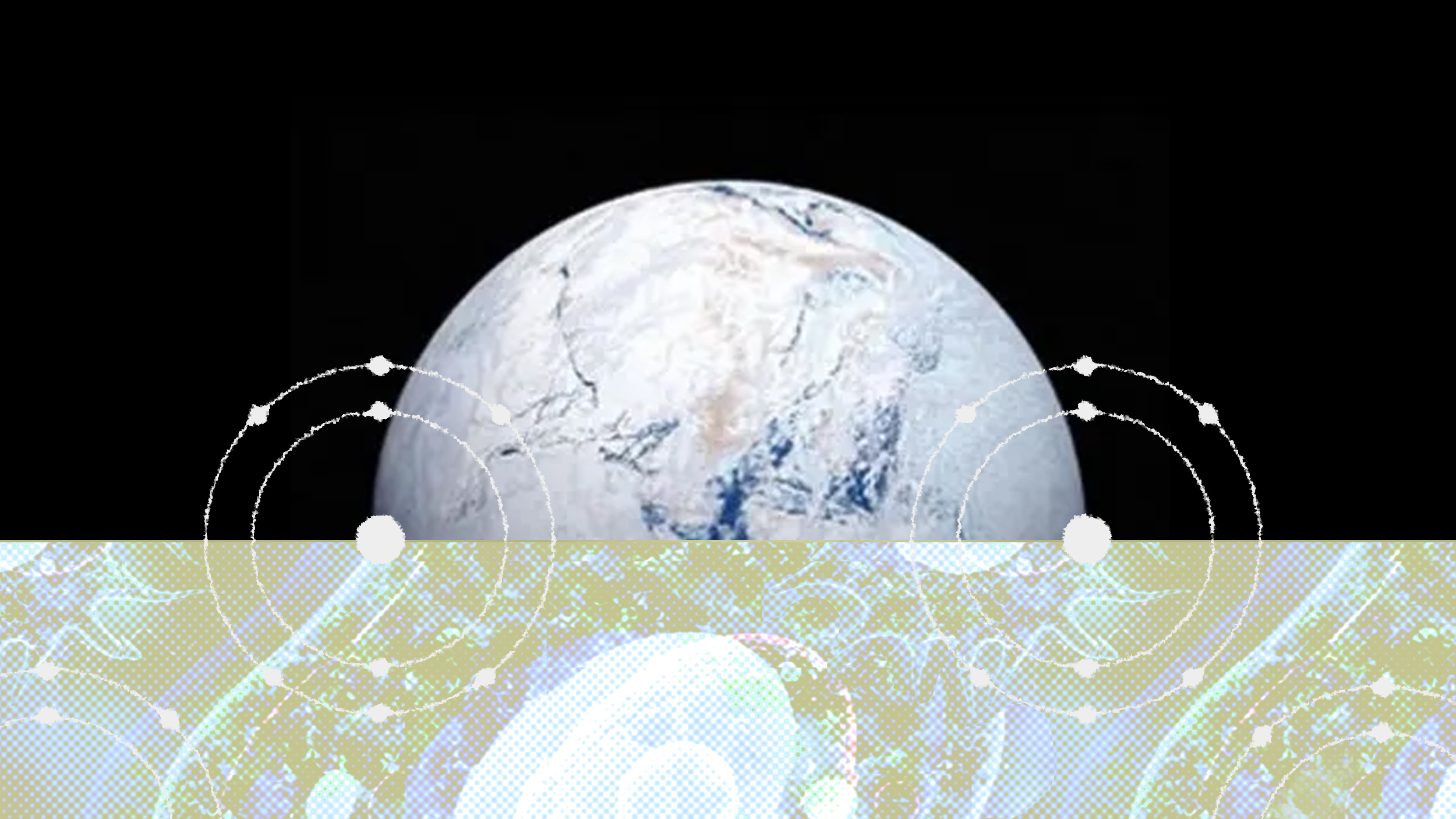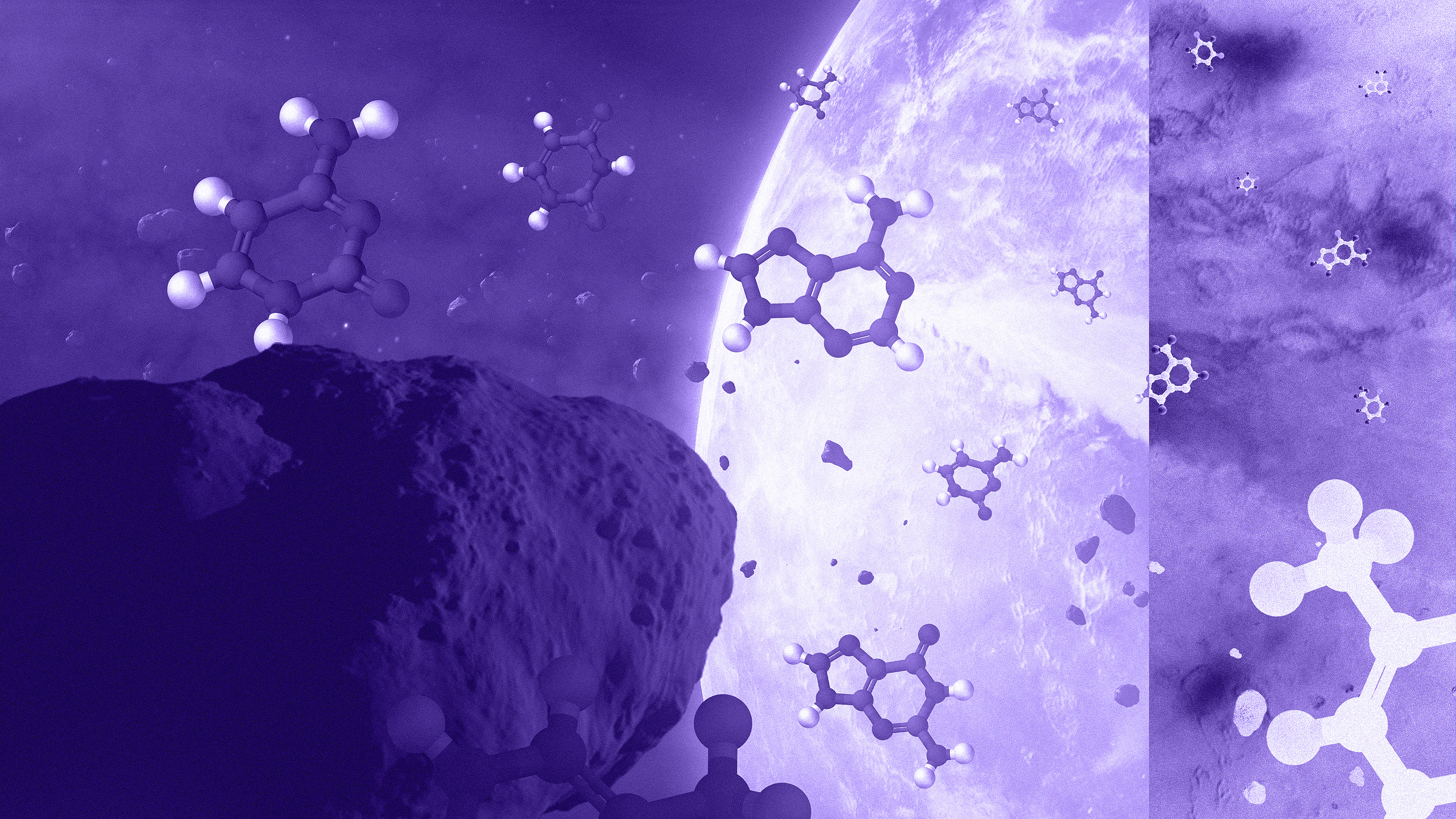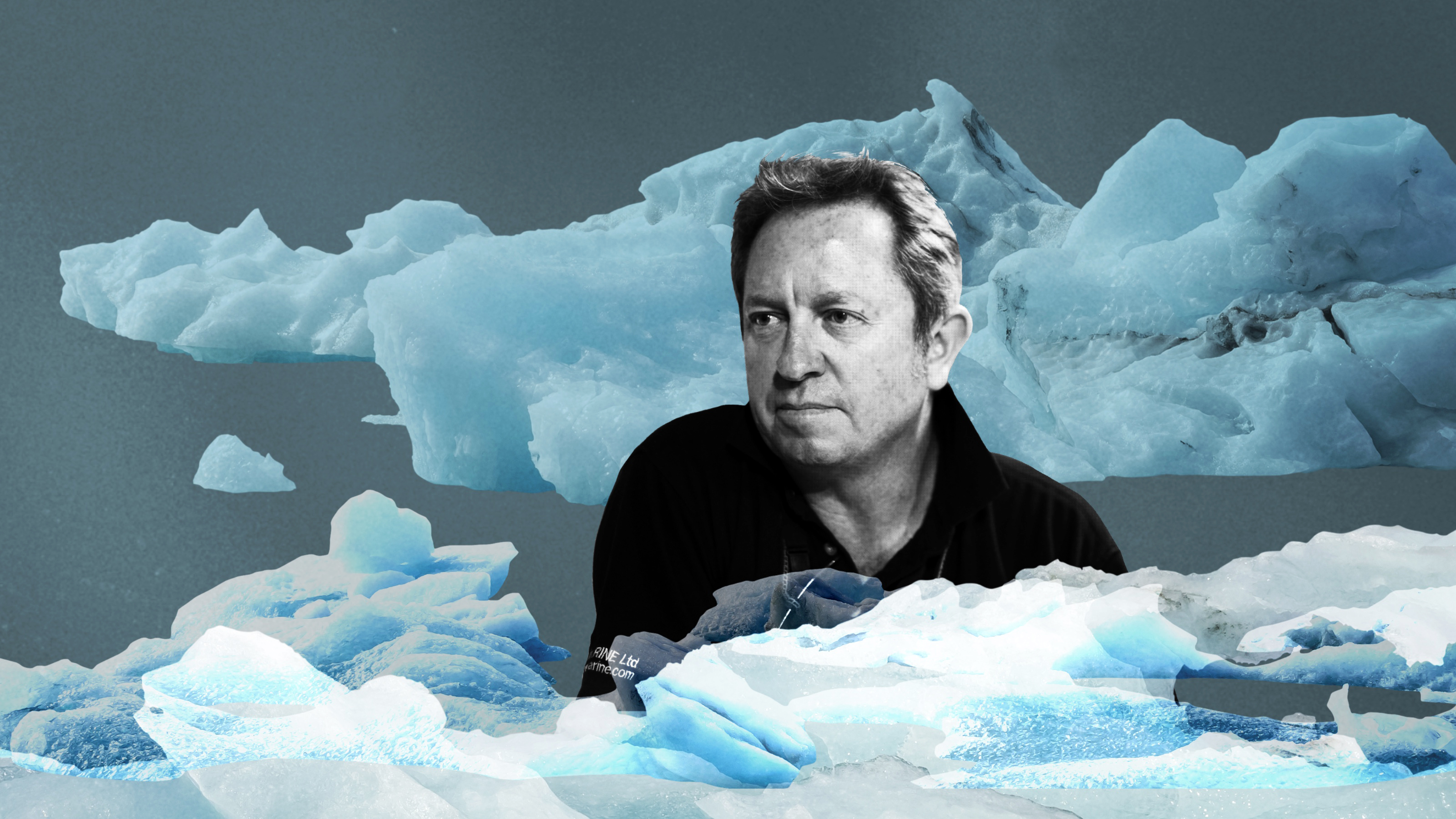MIT Physicist Proposes New “Meaning of Life”

MIT physicist Jeremy England claims that life may not be so mysterious after all, despite the fact it is apparently derived from non-living matter. In a new paper, England explains how simple physical laws make complex life more likely than not. In other words, it would be more surprising to find no life in the universe than a buzzing place like planet Earth.
What does all matter—rocks, plants, animals, and humans—have in common? We all absorb and dissipate energy. While a rock absorbs a small amount of energy before releasing what it doesn’t use back into the universe, life takes in more energy and releases less. This makes life better at redistributing energy, and the process of converting and dissipating energy is simply a fundamental characteristic of the universe.
[S]imple physical laws make complex life more likely than not.
According to England, the second law of thermodynamics gives life its meaning. The law states that entropy, i.e. decay, will continuously increase. Imagine a hot cup of coffee sitting at room temperature. Eventually, the cup of coffee will reach room temperature and stay there: its energy will have dissipated. Now imagine molecules swimming in a warm primordial ocean. England claims that matter will slowly but inevitably reorganize itself into forms that better dissipate the warm oceanic energy.
[T]he second law of thermodynamics gives life its meaning.
The strength of England’s theory is that it provides an underlying physical basis for Darwin’s theory of evolution and helps explain some evolutionary tendencies that evolution cannot. Adaptations that don’t clearly benefit a species in terms of survivability can be explained thusly: “the reason that an organism shows characteristic X rather than Y may not be because X is more fit than Y, but because physical constraints make it easier for X to evolve than for Y to evolve.”
Here is Michio Kaku’s concise explanation of the entire physical universe:
--
Read more at Business Insider
Photo credit: Shutterstock





